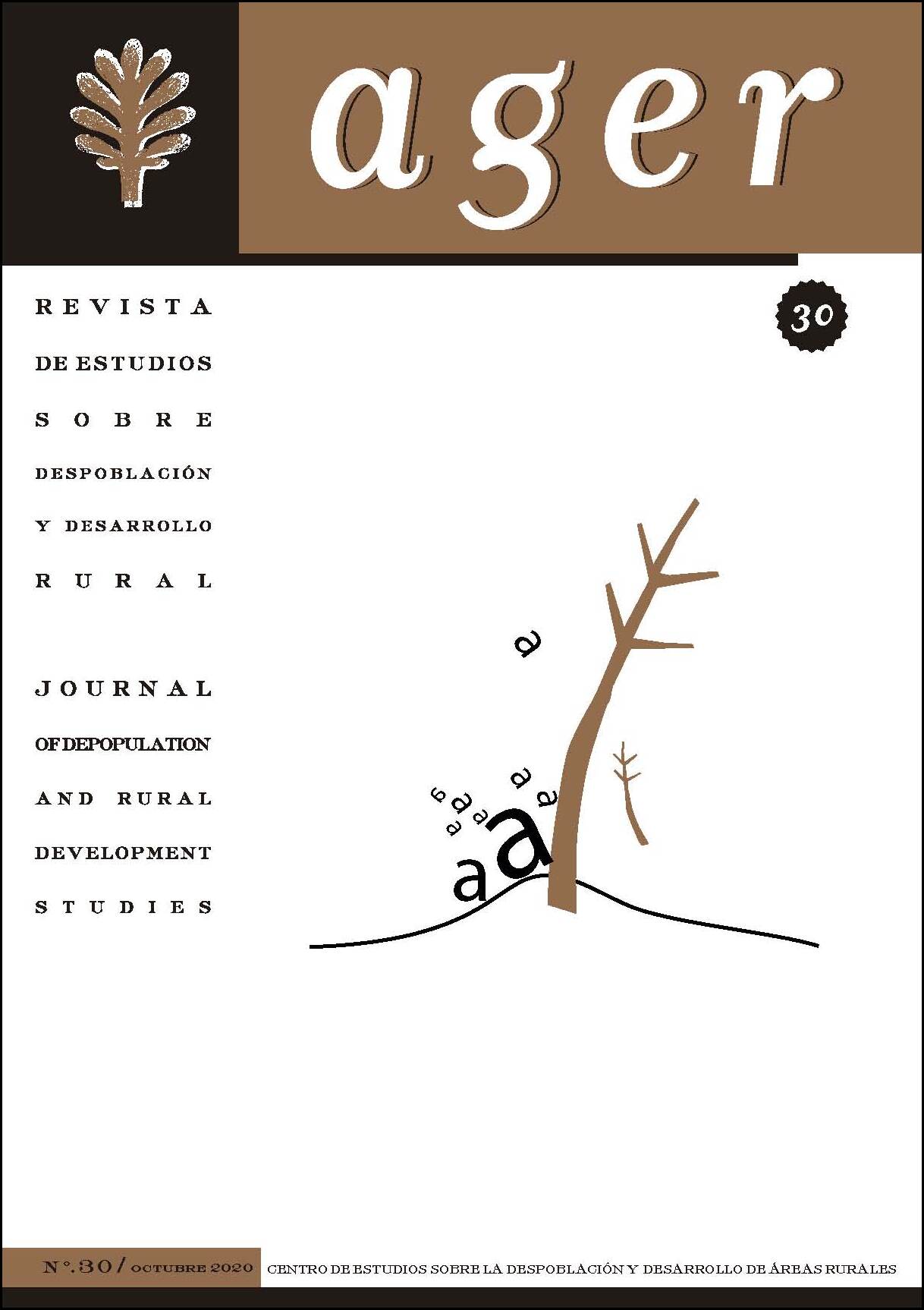COVID-19, estado de emergencia y agricultura familiar en España: mercados campesinos en Barcelona y huertos de autoconsumo en Alcaine (Teruel)
Abstract
The state of emergency decreed by the Spanish government due to COVID-19 pandemic –first half of 2020– established that basic activities should be maintained; among them, those related to food production and distribution. However, occupations typical of family farming and agroecological production were restricted. From the analysis of two cases (farmers markets in Barcelona and self-consumption orchard in Alcaine, Teruel), the article shows that the regulations were not applied homogeneously in the territory. It depended on the interpretation of the government delegations, the interests and influence of the decentralized institutions in those delegations, and the organizational capacity of civil society. The emergency evidenced that in the central government and other decentralized institutions an urban-centric vision persisted that prioritized the conventional agri-food model.
Keywords: Pandemic, Agri-food policies, Self-consumption orchard, Peasant markets, Social movements.
Additional Files
Published
How to Cite
Issue
Section
License
Authors who publish in this journal agree to the following terms:
a. Authors retain their copyright and grant the journal the right of first publication of their work, which will be simultaneously subject to the Creative Commons Attribution Licence, which allows third parties to share the work provided that the author and the journal's first publication are acknowledged.
b. Authors may enter into other non-exclusive licensing agreements for the distribution of the published version of the work (e.g., depositing it in an institutional repository or publishing it in a monographic volume) provided that the initial publication in this journal is acknowledged.
c. Authors are permitted and encouraged to disseminate their work via the Internet (e.g. in institutional digital archives or on their website), which may lead to interesting exchanges and increase citations of the published work. (See The effect of open access).

